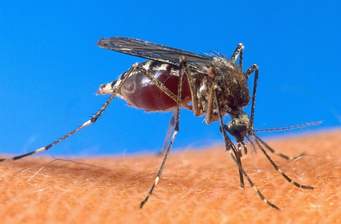Given the economic and other losses occasioned by the disease, including deaths arising therefrom, we consider the idea of a vaccine against malaria a welcome development and a monumental medical feat. Of course, there are still factors that would determine the long term safety, efficacy and affordability of the vaccine so developed, especially within the continent.
Technically speaking, we are still to learn more about this vaccine and whether it would at some point be administered to Nigerian children to help stimulate the development of immune responses that would protect them against plasmodium, the real cause of malaria infection. But we must applaud and welcome this effort and look forward to the benefits of reaching the target beneficiaries.
It is noteworthy that Mosquirix would be the first licensed human vaccine against a parasitic disease, which then explains why drug scientists would rather err on the side of caution for now. It is first to be assessed by the World Health Organisation (WHO), which said it would begin a review in October to ascertain when and where it could be used. The WHO aims to make a recommendation by November, looking at the vaccine from the point of view of public health and working to ascertain how and whether to add such a vaccine across certain malaria endemic areas of the world.
What the foregoing suggests is that there are still several protocols to be observed before we reach the ‘promised land’ on Mosquirix. We therefore urge the health authorities, especially in our country, to be vigilant so that none of our nationals is used as experimental guinea pig. There are appropriate lessons to draw from the unfortunate Pfizer experience in Kano in that regard. Even at that, we hasten to say that we support the idea of a vaccine that would help reduce malaria deaths in our country in particular and Africa in general.
With the environmental conditions and associated ailments, which have all combined to make malaria a scourge for both the young and old, and especially the millions of pregnant women and young children under the age of five years, the statistics of death from the disease are indeed startling. According to WHO figures, Malaria struck an estimated 219 million people globally in 2010, killing about 660,000, mostly children under five years of age.
Therefore, to the extent that prevention is always better than cure, if a vaccine that would help fight the disease is discovered, such efforts must be supported. That is why we hope that Mosquirix will work and would be available to millions of people in our country, especially children who are easily susceptible to malaria.
Source: ThisDay Editorial , August 25th

 It is a rare medical feat and a welcome development
It is a rare medical feat and a welcome development





